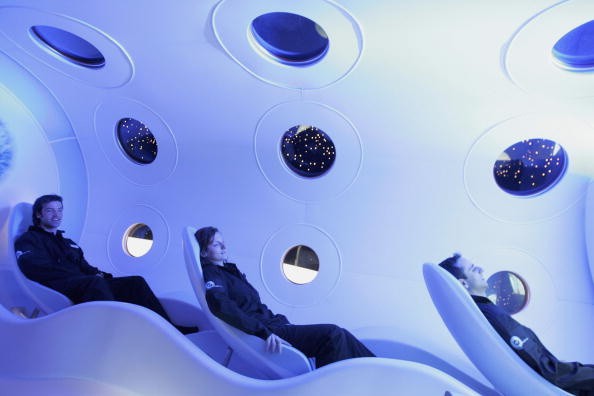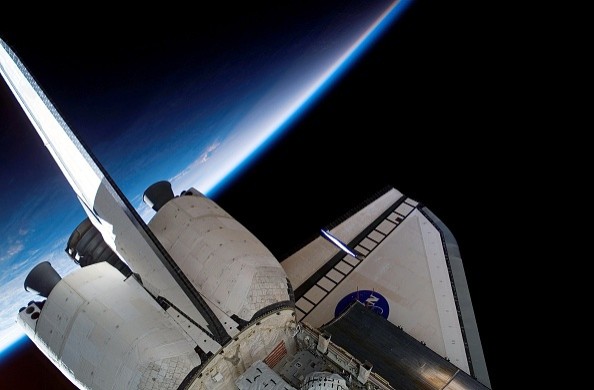A new space hibernation study revealed that humans can't actually survive long-term spaceflights.

For the past few years, NASA and other space agencies have been making efforts to allow humans to conduct long-term missions across the solar system and other parts of the Milky Way Galaxy.
However, space missions are still limited since they can't explore the whole solar system. If you watch sci-fi movies, then you already know that hibernation is one of the solutions that can allow humans to reach various parts of the universe.
Of course, this only happens in fiction stories. Now, a new hibernation study explained why humans are incapable of hibernating and how it can affect decade-long spaceflights.
Space Hibernation Not Possible for Humans?
According to Inverse's latest report, the new hibernation study claimed that humans couldn't hibernate like other animals. First, people don't really do this since hibernation is no longer needed, as stated in the new research.

The new study titled "Why bears hibernate? Redefining the scaling energetics of hibernation," published by the Royal Society journal, explained that this long-term sleeping activity is a natural state usually done by mammals.
"However, the actual amount of savings that hibernation represents, and particularly its dependence on body mass has not been calculated properly," said the involved experts.
To summarize the study, scientists said that bats could save 98% of their energy during hibernation state. Aside from this flying mammal, other small animals can also save enough energy during their hibernations.
Now, bears and other large mammals are the opposite. Instead of saving energy, they tend to use their body energy during hibernation.
This is also similar to humans, especially since people are not born to do hibernation.
Decade-Long Crewed Spaceflights Still Impossible
Roberto Nespolo, the leading scientist of the new hibernation study, explained that long-term crewed space travels would remain limited since hibernation is impossible.
He added that if people want to venture into the far reaches of space, artificially-induced hibernation is needed.
However, humans will not benefit from this since the normal body of a man is too large for hibernating.
On the other hand, SpaceX Starlink space debris alarm Inmarsat.
Meanwhile, the new Black Moon solar eclipse is expected to take place before April ends.
For more news updates about space hibernation and other related space topics, always keep your tabs open here at TechTimes.
Related Article : First Earth Life Components Came From Meteorites? Here's What Japanese Space Scientists Discover
This article is owned by TechTimes
Written by: Griffin Davis
ⓒ 2025 TECHTIMES.com All rights reserved. Do not reproduce without permission.




